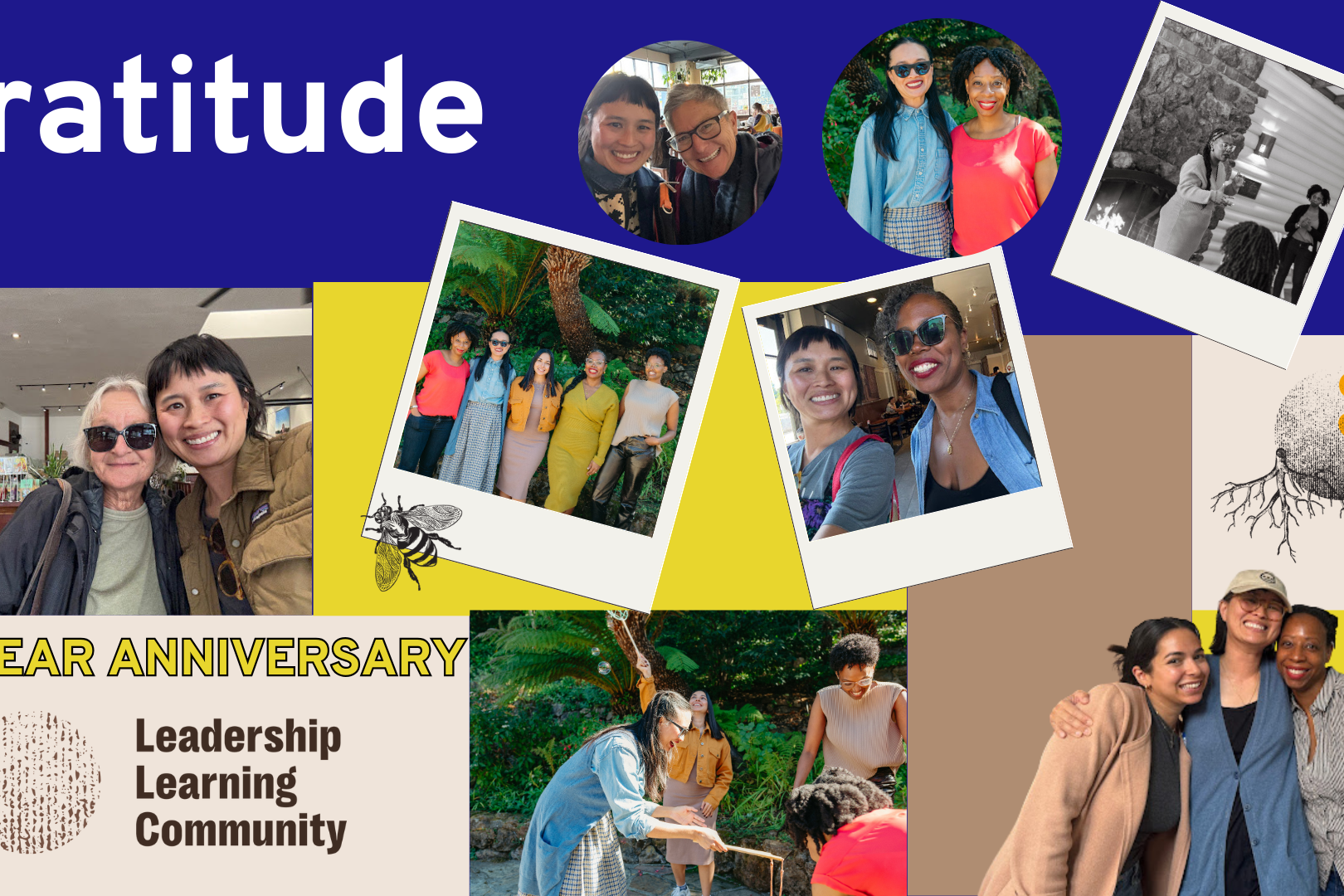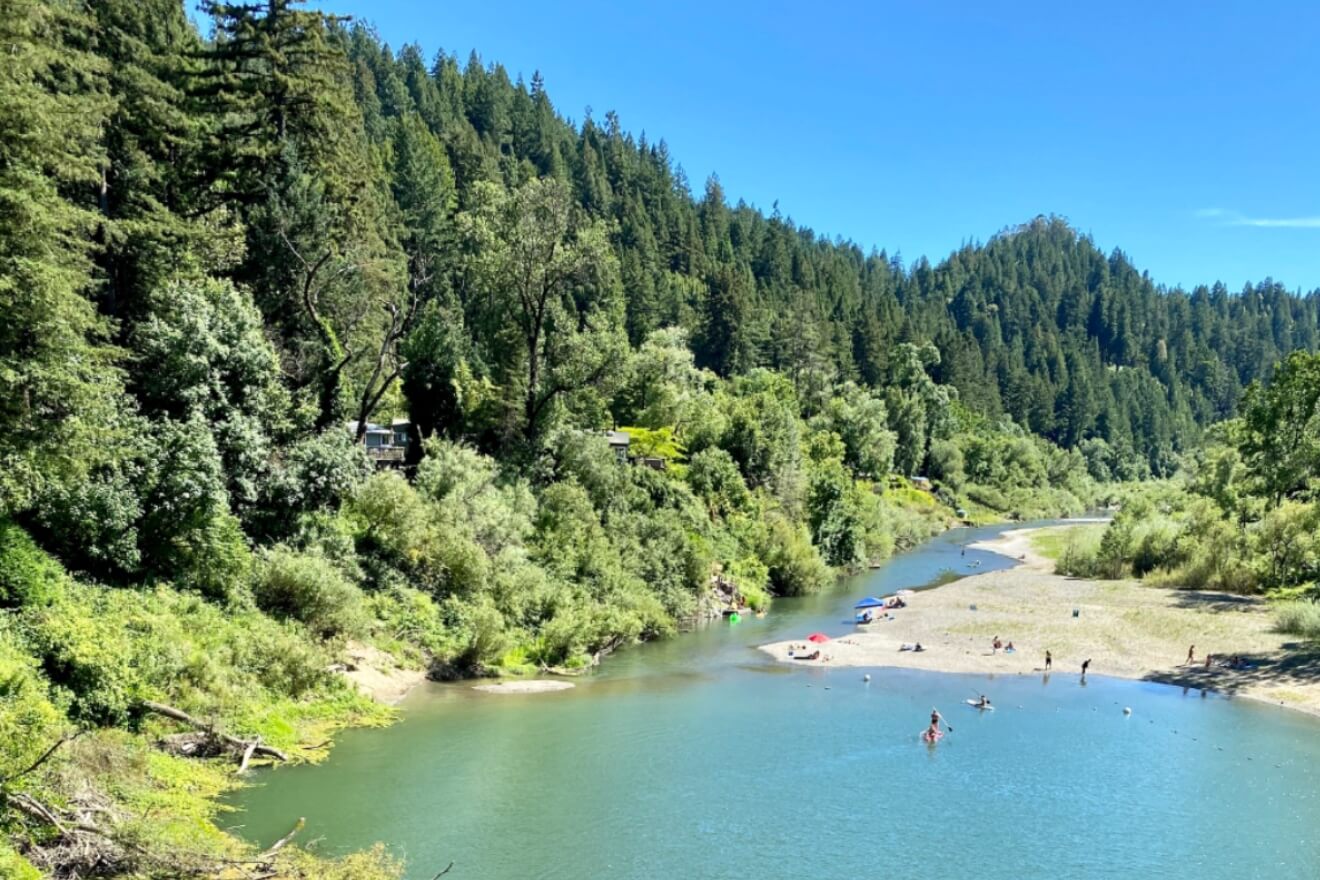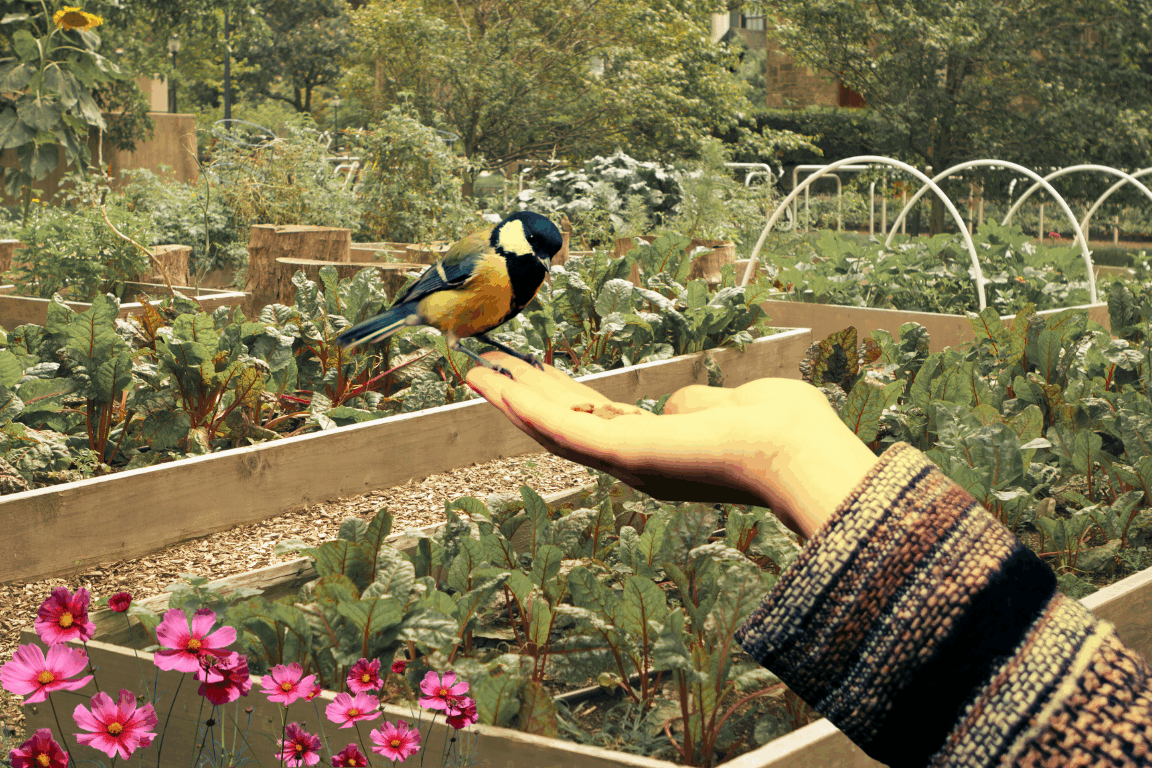We are so excited that we are a month away from being able to share our Liberatory Leadership Framework, detailing the what, why, and how of LLC’s approach to liberatory leadership. The framework has gone through many iterations and, in many ways, due to the nature of liberatory leadership, will remain a living and evolving piece. As we begin the dialogue around this framework with the broader field, it feels important to us to share the story of the foundation of this document that will continue to transform as we gather new curiosities, ideas, and understandings in partnership with the people who engage with it.
As an introduction to our upcoming Liberatory Leadership Framework, we are sharing a conversation between Ericka Stallings, the framework’s originator and co-author, and Iman Mills Gordon, one of the co-authors of the framework. This conversation delves into the importance of a framework like this in the current climate, the origins, motivations, and journey of creating this framework, and some of the key concepts that readers will find in the framework. After decades of study and practice of leadership and race equity, LLC has come to believe in layering on another focal point: liberatory leadership. We intend for this framework to provide practical guidance for applying liberatory leadership within yourself and your organization. We hope to inspire, inform, and equip you with perspective, wisdom, and tools to lead in just and joyous ways. And finally, and primarily, we hope this framework serves as a mirror and springboard for your most liberatory visions and possibilities.
Lastly, we extend deep gratitude to our advisors and inspirers – your partnership, time, and wisdom have been key in shaping this framework.
We look forward to sharing the full framework with all of you next month!
"Equity as a way of minimizing harm within the current system we live in, and liberatory leadership as a way of seeking something outside of current systems."
Iman: Ericka, this work started in 2020, and since then, there has been an arc of a learning journey to get to this point. The creation of LLC’s framework all started with you, and then people on the team and in our network have had various parts in moving the work along over the past five years. What was the initial motivation for creating it?
Ericka: LLC has historically focused on leadership as a tool for social good for its entire existence. When I joined, the focus was on leadership that was equity-centered, networked, and collaborative. Those were the three most frequently used words, with equity as the goal and collaboration and networks as the mechanisms. This approach was fine until 2020. Between COVID-19 and George Floyd’s murder, the limitations of the language around equity became really glaring. I felt a discomfort saying the world needed equity-centered leadership when it seemed like so much more was required. I realized my struggle was with the inadequacy of equity, I thought, an equitable part of a system that is literally killing my people is not a desire I hold. Initially, my relationship with equity was antagonistic when LLC first started exploring liberatory leadership; I didn’t want it [equity] at all. But over time, my thinking expanded through conversations with others exploring the concept, reading more from people who had long been working on liberatory leadership, and exploring it through our work. I began to see the relationship: equity as a way of minimizing harm within the current system we live in, and liberatory leadership as a way of seeking something outside of current systems. We live in two places at once – the future we are moving toward might be liberatory, but the world we live in now is not. Equity work helps us navigate the inequity in the present.
LLC’s framework emerged because when we started talking about liberatory leadership, people were asking, “What are you talking about?”, “What does that mean?”, and “How does one do that?”. I was responding to questions one by one and realized what was missing was a larger conversation articulating what we mean when we say liberatory leadership, including what it is to us, and what it looks like in practice.
Iman: I love that nuance – “what do we mean” as opposed to “what it is.” For me, coming into the LLC space, I knew of it as speaking about leadership outside the traditional lone superhero model, more focused on networks, working together, and shared leadership. Deepening into my role and being in conversation around liberatory leadership was a huge opening to think about creating this new world, not just making things work within a broken system. It felt like a gift, an opening, and a truth that I’d known deep down for so long. Like you said, it was an “aha!” moment because it resonates deeply. But there’s also the question, “What is liberatory leadership actually?”Trying to codify this elusive idea, based on your ideas, our research, and countless rich conversations, has forced me/us to stretch even more. The idea that it’s ever-evolving and different organizations might have different approaches also speaks to me, reflecting the idea that we’re learning and figuring it out together.
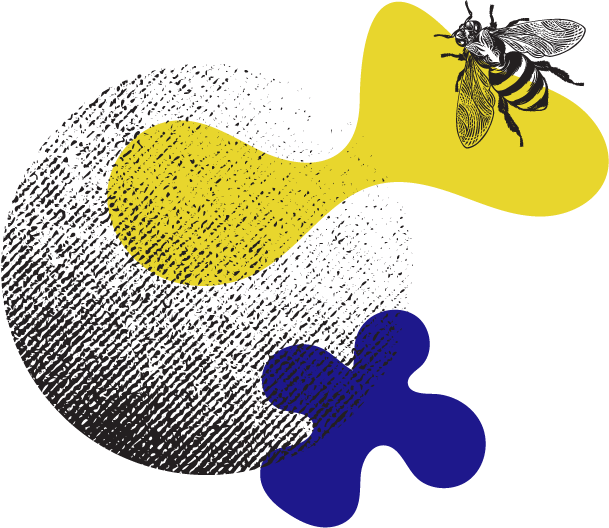
Iman: Considering this journey from 2020 to 2025, why is this framework, or one like it, significant right now?
Ericka: Your point about shifting from the lone hero to leadership as a process connects here. People often ask for the training, the list, the checklist, the clear recipe for liberatory leadership. Instead, we’re saying it’s a process and an ongoing practice. This focus on process means it doesn’t become a goal you achieve and then possibly backslide. It’s an ongoing process of aligning, realigning, learning, unlearning, and relearning. This matters now because people have seen so much backsliding, like with folks who hopped on the DEI wagon and then hopped off. When you commit to a process and a practice, it’s more likely to be something you’re truly connected to and authentically invested in.
This framework is important because the pressure on our sector is intense. Some organizations might not still be here, and people may not always be in the same position. But we can continue to have liberatory leadership. People can learn to engage with it within an organizational context and within their individual leadership, carrying a liberatory lens with them to different places, collectives, organizations, and institutions. When we see leadership as a process, not just skills for a special person, everyone can adopt it and bring it with them.
Lastly, we recently wrote about fighting monsters without becoming monstrous. In this moment of fighting, it’s easy to become a replica of what you’re fighting, rather than the vision you have for the world. Liberatory leadership asks that we be in alignment with our values. It asserts that liberation is a social good. Liberatory leadership asks that we do our work in alignment with liberatory values, and that the goal, the purpose, and the consequence of the work is liberation. We use the term “liberatory leadership” because it came to us first, but if we were to be most accurate, it would be “liberatory leadership for liberation.” The goal is liberation, and the process is liberatory leadership.
"This means having toolboxes with both soft tools and sharp tools. Centering love doesn't mean giving up our sharp tools or not fighting oppression. It means having a multitude of tools, and whatever tool we use, we're centering the humanity of ourselves and our folks. This whole toolbox is a key point."
Iman: How do you hope this framework will support leaders, and how do you hope they will engage with it?
Ericka: I hope they find it as a resource that unleashes their imagination. When they feel they lack the time or energy to figure out how to do this important “liberatory leadership thing,” I hope they see this as a source that helps and guides them. I hope it is something joyful and fun.
At LLC, we talk about doing just work in just and joyous ways, reclaiming play. Our existence isn’t just about productivity; experiencing joy, love, and being enlivened is a liberatory act. For leaders inundated with negativity and feeling constrained or attacked, I hope these tools and resources help counter the weathering impact of oppressive forces, systems, and structures.
Iman: That’s beautiful. I love the idea of countering the weathering impact and reimagining leadership – that it could be playful and joyous, and we can still get to the goal. It’s not an aside; it’s part of the work to experience opening through play, joy, connection, and centering love with the humans you’re working with, rather than just focusing on getting work done. We know how much further you get when that’s part of the work. I’m hopeful more folks can tap into that through this framework and see it as a real possibility and value add. What are some key points we hope folks walk away with?
Ericka: We didn’t invent liberatory leadership. We are offering our perspective on it. LLC’s idea of liberatory leadership has evolved. Initially, it focused on liberation as freedom to live out our full humanity. It evolved to also express freedom from oppression. We were initially resistant to centering what we were fighting, preferring to center what we were fighting for. At this point, the framework holds both. I hope people take away this idea of wholeness – holding all of those things. This means having toolboxes with both soft tools and sharp tools. Centering love doesn’t mean giving up our sharp tools or not fighting oppression. It means having a multitude of tools, and whatever tool we use, we’re centering the humanity of ourselves and our folks. This whole toolbox is a key point.
Another key point is the idea of ongoing learning and process. Learning, innovation, adaptation, refinement, and trying again. Moving away from perfectionism, seeing everything as a learning opportunity and experiment, and no matter the outcome, we keep moving. Those are the two key points.
Iman: Yes. I’d add the importance of consistently centering our liberatory values as our north stars. Being clear on what they are and how they look in action, and continually returning to them. This is an essential foundational aspect to practicing liberatory leadership.
Ericka: Agreed, and another key component is that the “for liberation” part is important. While acting in joyous ways is appealing, a part of liberatory leadership is acting in service of justice. It’s not simply about feeling wonderful, but about doing good for yourself and the collective.
Iman: I like the “for yourself and for the collective” too – that’s an important overlay. And what we talk about related to this, hard and soft, this love and rigor, the love and accountability, and how those things have to go together. It’s not just love because it feels good. Boundaries are also part of being liberatory. Connection that helps us move towards liberation is part of it, even if it doesn’t feel like rainbows and sunshine, but it is all towards our greater goal of living out our liberatory values and realizing true liberation.
Ericka: Absolutely, when we talk about love, how you behave for someone or something you love isn’t just about sending chocolates. When you love something, you’ll fight for it and work hard for it. Acting from a place of love, in service of justice, with integrity – sharing some of the liberatory values. We don’t want the idea of liberatory leadership to become a “spa day wellness” kind of thing. It’s acting for the good. The intent is to act in the service of liberation. And, we want you to be well while you do so.
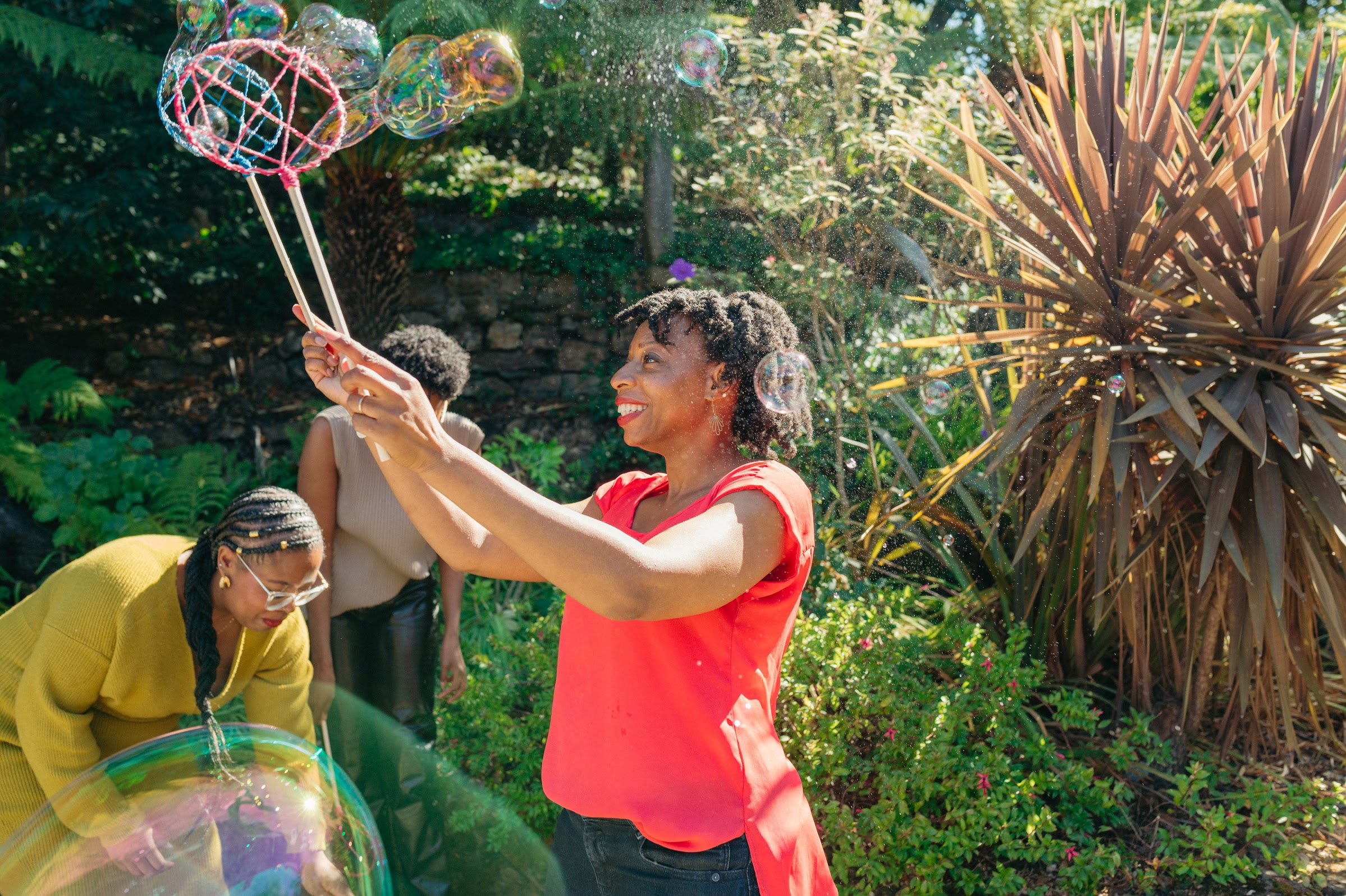
Iman: Can we go into a little behind-the-scenes stuff? What would you like to share about the process of getting this framework to where it is today? It’s been a labor of love.
Ericka: Alright, so when I first started doing this around 2020, it was a little side project for me. I had a gut sensation, but I doubted myself. I started by having conversations with people who were also working on liberatory leadership, and hearing them say they were exploring similar questions validated mine. We were seeking each other and found each other. This collective and collaborative learning process ultimately became the Liberatory Leadership Partnership (starting with Chinyere Tutashinda, Trish Adobea Tchume, and Zuri Tau), working with other organizations and individuals who had already been thinking about this. This established a foundation for LLC’s framework. We also spent time talking with and getting guidance from people who were well ahead of the curve, like Elissa Sloan Perry and Monica Dennis. Reading and doing interviews helped flesh it out.
The best part has been how collective and iterative it has been. It’s made the process longer, but going back and sharing our definitions with different groups, like our BIPOC Affinity group and the Liberatory Leadership Community of Practice, allowed it to be an ongoing learning document – a body of knowledge we were collecting, adapting, learning, and growing until we felt we had reached a point where we could say, “Okay, this is what we mean.” It will still evolve; we’ll keep learning and responding to questions and changes. It hasn’t been a solo research project; it’s been learning in relationship and community.
Iman: Yes! And in that way, it’s like liberatory leadership in action. Creating this framework has included key liberatory principles, including bringing in outside voices, and iterating based on what we were hearing. And even internally, you, as the person who dreamed it and put yourself into it, opening it up to others in the organization to add to and think about how the ideas fit and flow together – that is a practice in distributive leadership. Producing this framework has been a huge exercise in learning and practicing liberatory leadership.
Iman: Have there been constraints around creating this framework? Knowing it inherently has to evolve, was it hard to put it on paper and say, “This is good?”
Ericka: I have my own limitation of figuring out what’s “good enough” to stop and share what we know, and then revisit. There’s always time pressure. There was also figuring out the value – “what’s the value?” “Is this valuable outside of our small circle?” I questioned who else needed or wanted to hear this, though maybe I should just assume people would need it. It’s also hard to take time out for study and writing with all the other demands of the institution. I got to a point where I realized I could be forever trying to be perfect, which is inconsistent with liberatory values anyway. It’s better to be present, needed, imperfectly, than not to be there at all. That realization, along with internal pressure from staff telling me to stop, helped.
"Liberatory leadership is a way to find beauty in a moment that seems filled with harsh ugliness."
Iman: What are some openings you’re seeing? What are you excited or hopeful about with this framework?
Ericka: I’m hopeful for getting it out there and hearing what people think. I think that will tell us what’s next. I’m excited to see other people’s fingerprints on it. I’m glad it started as an LLC project and is becoming our ecosystem’s project. I’m excited to see, in a moment when things are really complicated and difficult, how this can help people fight monsters without being monstrous.
Iman: Yeah, wonderful. I share that excitement. We’ve been in conversation, put our heads down to get it on paper, and now I’m ready for it to be out in the world, for people to respond, be in conversation with us and with it, to help move it to the next level, answer different questions, and see people engage with the worksheets and see what of it is helpful.
I’m mostly excited about this framework being alive and present in our conversations with the people outside of the organization. I’m ready for it to be in the world; we’ve been in our internal world with the framework. It will be great for it to be part of the conversation we bring to our network and broader spaces, and just see what it does out there. And, have people pick it apart as needed or ask more questions that help us go deeper. I’ve really “drank the liberatory leadership Kool-Aid,” and I know part of the practice is that we get more clarity through engagement. It’s at the place where we are ready to share it out, hear the responses, and then let’s compost and refine from there. I’m very much looking forward to that.
Iman: Any other closing thoughts?
Ericka: All I can think of is that in some ways, it feels like liberatory leadership is a way to find beauty in a moment that seems filled with harsh ugliness. And knowing that, for the most part, I only have control over myself and how I show up in the world. If I show up guided by liberation and liberatory values, if that is the effort I’m putting into the world, then everything else will be what it will be, but I know that I did what I was supposed to do.
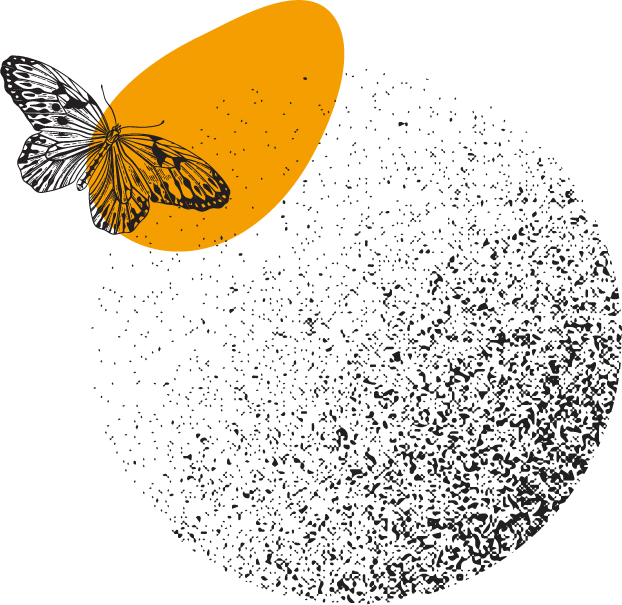
Related Posts
December 15, 2025
LLC’s 2025 Celebrations
July 21, 2025
